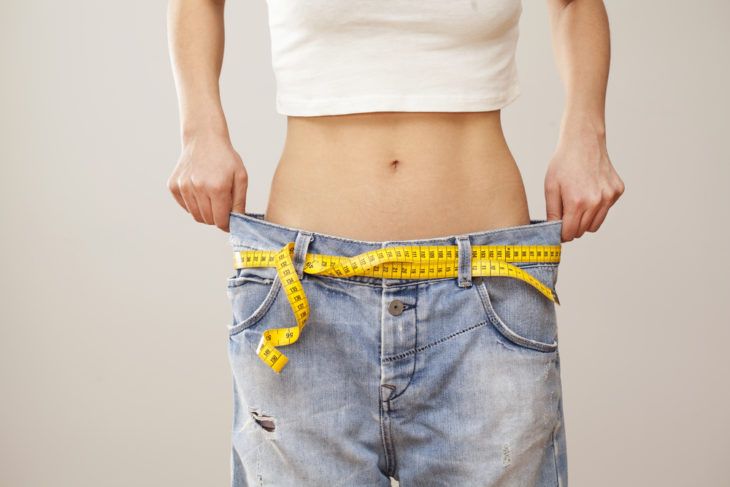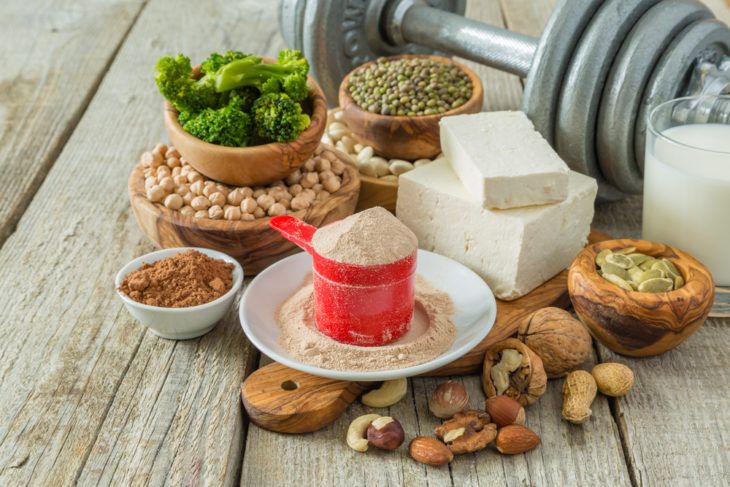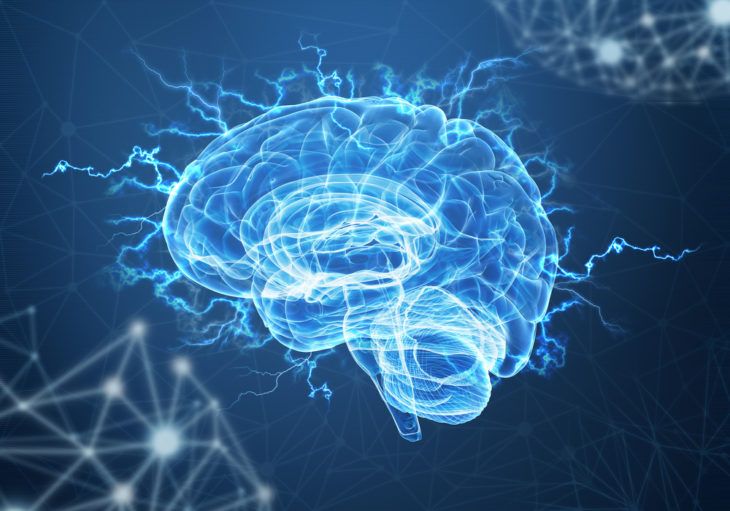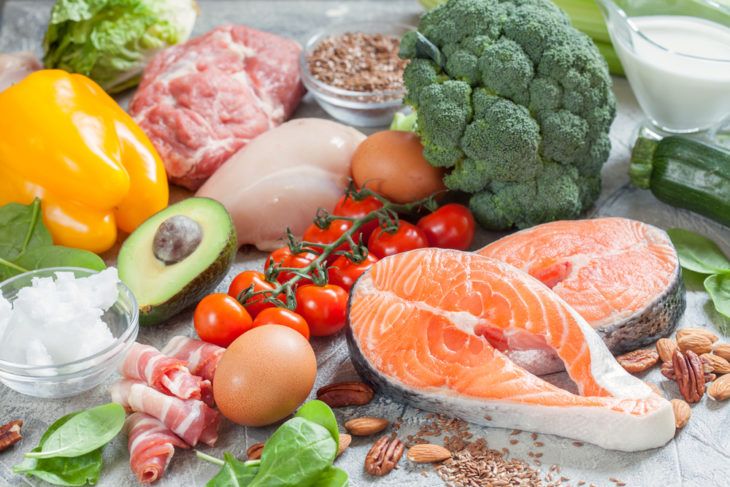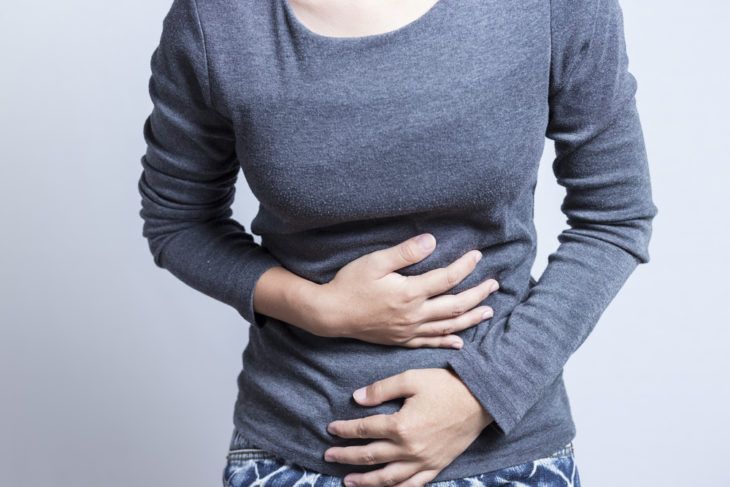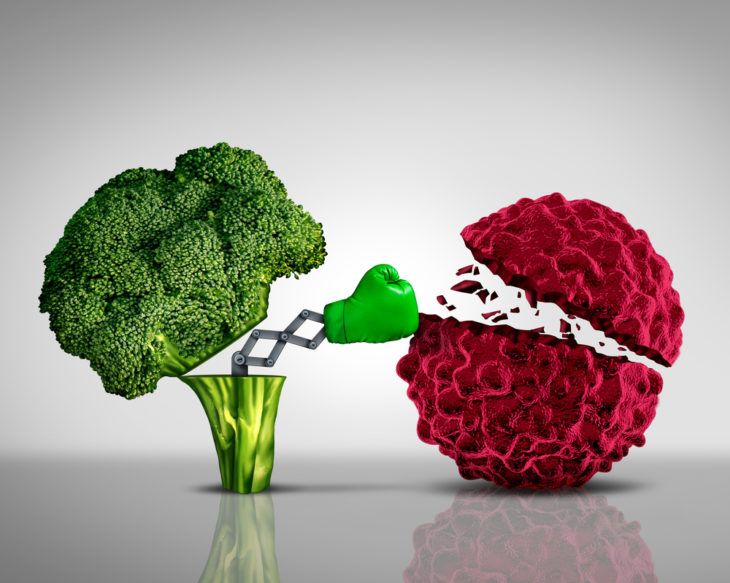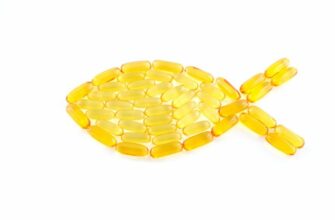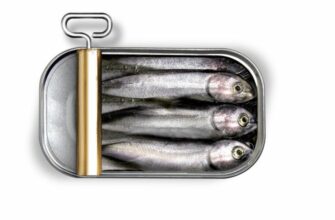The ketogenic (keto) diet may seem like a relatively new concept in the world of weight loss, but this diet originated back in the 1920s and was originally created as a nutritional guide for children with epilepsy because it was shown to have beneficial results for those suffering from seizures. The popularity of the diet wore off as more modern medicines became available.
Flash-forward to the current day and it’s gone from being a little-known method for weight loss to something more widespread. It’s even been coined as “the next big weight loss trend.” But the diet can be confusing for many people because it requires you to eat more fat to lose fat. How does that work exactly?
On the keto diet, the metabolic process changes when you intake low amounts of carbs and high amounts of fats. The body enters a state of “ketosis,” where it begins to use fat for energy. Once you begin eating a low-carb and high-fat diet, the liver begins using the body’s fatty acids (from all that fat intake) to make molecules called “ketones” which the body uses for fuel. Here’s a look at everything you can expect while on the keto diet…
1. You Will Lose Weight, Fast
One of the most exciting parts of the keto diet is how rapid the weight loss results seem to be. While this is most certainly promising, keep in mind that at the beginning – this is merely a loss in water weight.
When eating high amounts of good fats, you should begin to feel less hungry and more full for longer periods of time. Over time with the proper intake guided by the keto diet, your body will become more efficient in fat-burning which results in more long-term weight loss. It may seem like a dream come true to be eating all the fatty foods you typically avoid (yes, even some bacon and eggs), but you are still restricted to an intake that encourages weight loss. If done properly, you shouldn’t feel hungry, and you should see results very quickly.
2. Experience a Keto “Flu” (Carb Flu, Sugar Flu)
Once you’ve removed sugars and carbohydrates from your diet, your body will begin to adjust. The adjustment phase likely won’t be fun, in fact, many people will develop flu-like symptoms, such as extreme fatigue and lack of concentration. This happens because your body is so used to using carbs for energy that without them, the body becomes weak and sluggish.
This could push someone to stop the diet, but it’s possible to combat the symptoms by eating more fats and upping water intake. Don’t forget to keep up with daily exercise, even if you’re exhausted. You will eventually enter into the next phase of the ketogenic diet, which is when your body no longer needs the carbs and begins converting fat into energy.
3. It Can Get You Out Of A Weight-Loss Plateau
If you’re currently experiencing a weight-loss plateau where your current meal plan or diet just doesn’t seem to be effective anymore, this might be the time to try something different, like the keto diet.
The keto diet increases fat burn by putting your body in a state similar to fasting. Your body begins to use the fat it stored as a direct source of energy, and by doing this, your body goes into a higher level of fat burning. This can be reinvigorating in so many ways and motivating as you see the pounds you’ve been trying hard to shed, suddenly come off.
4. It May Regulate Your Hormones
Interestingly enough, with the keto diet increase ketones in the body, studies have shown a beneficial impact on regulating the hormones that affect your appetite. After eating, the hormone called cholecystokinin (CCK) is released by your intestines. That CCK hormone is responsible for stimulating the digestion of fats and proteins and can delay the emptying of the stomach which reduces appetite. This means your hormones are actually helping to regulate food intake.
There is also some emerging evidence that the ketogenic diet can significantly help improve symptoms of the polycystic ovarian syndrome (PCOS), the most common endocrine disorder in women. PCOS is known to have a negative impact on fertility, therefore those who are struggling with infertility may increase their chances of pregnancy while on the keto diet.
5. It’s Not All About Meat
Yes, it is completely possible to be on a vegetarian or vegan/plant-based diet and still adhere to a ketogenic diet. It’s widely misconceived that in order to get the body into a state of ketosis, all that fat and protein must come from an animal or animal by-products, like meats and cheese. That is simply not true.
The body will enter a state of ketosis as long as you are in a low range of carbohydrates, and getting enough fats and proteins. Thanks to food items such as seeds, nuts, and leafy green vegetables, you’re able to do this. Not to mention the wonderful benefits of healthy fats such as coconut oil, and avocados.
6. It Can Make You More Focused
Ever experienced “brain fog?” Improper diets often lead to challenges with mental sharpness and focus. The good news is, with the ketogenic diet’s origins being an aid for children with epilepsy, it’s no surprise that the diet has shown benefits to brain function.
Glutamate is the neurotransmitter in the brain that stimulates and promotes brain function, while gamma-aminobutyric acid (GABA) is the main neurotransmitter that helps reduce stimulation. Together they help balance out brain connections so that you don’t over-process and over-stimulate yourself — which basically means if you have too much glutamate (stimulator) and not enough GABA (reducer), you may start to experience “brain fog.” When the body is in a state of ketosis, the liver is producing more ketone bodies. It provides the brain with an energy source from fat which allows the brain to properly convert glutamate into GABA. This keeps dieters out of the brain fog caused by over-stimulation, and in a refined state of focus and clarity.
7. Improve Memory
When the keto diet was given to those in the early stages of Alzheimer’s disease, studies showed they experienced a greater improvement in memory. This occurs when the ketones in the body produced by the liver, reduce the free radicals in the brain causing it to function more effectively.
As age begins to take its toll on one’s memory, it becomes increasingly important to essentially “feed the brain” what it needs. This is very in line with the keto diet since the diet itself requires a steady intake of healthy fats, essential to brain function.
8. It’s Very Strict
For all the benefits of the keto diet, it’s going to take some hard work. That hard work comes in the form of two things — first tracking, and secondly, self-control. Tracking is incredibly important as you begin learning about carb counts in your foods. They certainly add up, especially when you can only intake between 20 to 60 grams of carbs per day. The amount you consume is based on a calculation customized to your age, body type, and activity level simply using a keto calculator (easily found online).
For your body to effectively begin ketosis, you must be willing and able to account for your carbs, fats, and proteins every day. The best method for this is by reading labels, writing down your intake for each meal, snack, and beverage (besides water), or inputting everything you are eating into a diet tracking app. This is the only way to know if you are adhering to the diet correctly and getting everything you need for your body to function properly.
9. It’s Currently Recommended For Short-Term Dieting Only
The debate is out on whether or not the ketogenic diet is safe long-term, so with that – it’s important to talk to your doctor and be guided through what course of action is right for you, and for how long. That said, most guidelines recommend this diet is best done on a shorter-term basis while studies are still ongoing.
Do expect that when coming off of the ketogenic diet and going back into a normal meal plan, you may experience weight gain. This doesn’t mean that you will have reversed all your hard work and fat loss, but it’s merely the water weight you lost at the beginning of your keto diet.
10. Expect a Change in Bowel Function
Some people will experience constipation when starting on the keto diet because of the increase in proteins and a lack of fiber they were used to getting from the carb-filled options. When you notice constipation occurring, be sure to drink plenty of water to help flush out your system, and move things along. Additionally, start adding more fiber-rich vegetables into your diet. If needed, psyllium seed husks can be dissolved in water as a carb-free aid to constipation as well.
For others, the complete opposite bowel function may occur in the form of diarrhea. A change in any diet regime leads to irritated bowels. If this happens to you, try eating more probiotic and fermented foods to aid in your digestion.
11. You’ll Probably Make More Trips to the Bathroom
In the first few days when the body begins to enter a state of ketosis, one of the first things to happen is the body flushes out excess water weight. This occurs because the body is breaking down glycogen, which is essentially stored glucose in the liver and muscles, previously produced by sugar and carbs.
As you begin to intake less sugar and carbs, your kidneys will begin disposing of excess water and your insulin levels drop. The kidneys then start producing excess sodium, which also causes frequent urination. Don’t let this part of the diet annoy you too much because it should only last one to three days.
12. You May Experience Dizzy Spells
When the body consumes fewer carbs and sugars and begins the process of losing excess water in the body, you will likely also experience a mineral loss. This may result in dizzy spells that don’t go away until your body balances into a state of ketosis.
The best way to counteract this is to increase your sodium. Even if that means sipping on salted broth because it’s important to feed your body the electrolytes it needs. It’s also advised that you eat more potassium-rich foods such as avocados, dairy, and leafy green vegetables.
13. Leg Cramps Aren’t Uncommon
While on a strict low-carb diet such as the ketogenic diet, you may experience a minor issue with leg cramps. This is a side effect stemming from your newly increased urination which causes a loss of minerals, specifical magnesium.
To avoid this, make sure you are drinking enough fluids and staying hydrated (yes, even if it causes more frequent urination) and try increasing your sodium intake for the electrolytes. If that doesn’t work, try a magnesium supplement.
14. It Can Be Used For Cancer Therapy
More recently, the keto diet has been studied as an aid in cancer therapy. Studies showed that there was a significant decrease in tumor weight when both animals and humans were tested as an aid to the treatment of tumors with a keto diet.
The diet is especially beneficial to those on chemotherapy. When the body is in a state of ketosis, the study showed that it enhanced the body’s response to chemotherapy. This not only makes the chemotherapy more effective but also the quality of life.
15. You May Live Longer
A recent study done on adult male mice showed staggering results. When placed on a low-carbohydrate ketogenic diet, the mice proved to live longer. Not only longer, but 13 percent longer. In humans, that would equate to around seven to 10 years. However, as mentioned before – there is still a lack of evidence on whether is it truly OK to be on the keto diet long-term, therefore the impact on your lifespan is still somewhat unknown.
That said, not only did the mice study show positive results in life longevity, but also in life quality. With cognitive function higher and increased levels of energy, they were able to live longer, healthier (and hopefully happier) lives.
16. It Can Decrease Inflammation In The Body
Inflammation can come in many different forms such as pain, arthritis, eczema, acne, irritable bowel syndrome (IBS), and more. Carbohydrates are directly linked to inflammation in the body, as after you eat an excess of carbs, the body breaks them down into sugar and blood glucose levels can remain higher than normal. When there’s a buildup of glucose in the blood, the body reacts with inflammation. Therefore, fewer carbs equal less inflammation.
The keto diet also naturally combats inflammation with the foods you’re likely to enjoy. Healthy fats like coconut oil, olive oil, avocados, nuts, and seeds, as well as fatty fish and non-starching vegetables, are all anti-inflammatory foods. So since the diet is composed of low amounts of carbohydrates, and high amounts of anti-inflammatory foods.

 Home
Home Health
Health Diet & Nutrition
Diet & Nutrition Living Well
Living Well More
More